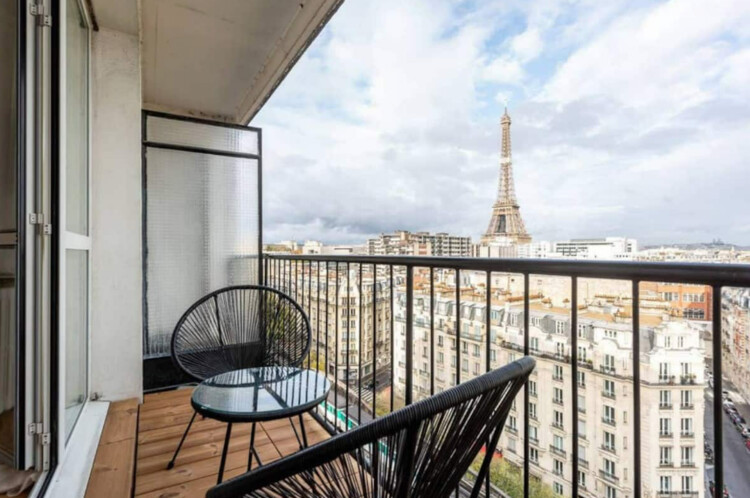Is Airbnb Contributing to the Housing Crisis?
Is Airbnb Contributing to the Housing Crisis?

When Airbnb began nearly 15 years ago, it offered a new and innovative solution to book short-term stays without any hassle. By renting out a spare room or an entire apartment, it provided an alternative to traditional hotel models which were often overpriced and overbooked. Airbnb now faces many critics as the company quickly grew, offering hundreds of thousands of stays around the globe, but not without a handful of negative experiences. Now, planners and policymakers are beginning to see the effects of the abundance of Airbnb listings and how it impacts a growing housing crisis.
Investors who construct Airbnb rental empires have become increasingly popular over the last decade. Especially in the present day, where people are looking to return to normal travel routines, Airbnbs have been a popular option and have played a significant part in the short-term rental market. In 2020, the purchase of vacation homes across the United States exceeded the growth of existing-home sales by more than 40% from 2019. Owners are seeing the benefits of buying up these homes and renting them out for high-profit margins. Opportunistic landlords can pay off their mortgages in just a few days by renting out their homes to visitors. However, this has partially contributed to a housing shortage that has impacted the globe, driving up rent prices in almost all major cities. This correlation between the increase of homes that have become dedicated to serving as Airbnbs and the rise in rental rates has been dubbed “The Airbnb Effect”.

In addition to the lack of long-term rentals that could better serve residents, there’s been a significant slowdown in the construction of new housing projects given global supply chain issues and a difficult financing climate. Exclusionary zoning laws that dictate the types of lower-density housing that can be constructed have also played a part in the housing shortage. While some cities have begun to enforce laws on short-term rentals, especially in places like New York City, which once reported having more Airbnb listings than vacant apartments on the market.
Related Article

Another report, published in 2016, estimated that due to the overwhelming amount of Airbnb listings, New Yorkers were paying more than $600 million in additional annual rent due to the rising cost of rent. While Airbnbs certainly generate some economic gains, especially in cities that rely heavily on tourism, most of the revenue goes to a disproportionately small pool of landlords. Inside Airbnb estimates that about one-quarter of hosts run about two-thirds of listings. Even further, their study revealed that most listings are entire apartments that have been turned into make-shift hotels where operators can earn far more revenue than they would from residents paying market rents. Smaller mom-and-pop landlords aren’t the only ones getting in on building short-term rental empires. Large corporations and real estate investment firms are building their own mega-portfolios, pouring in billions of dollars to create holding companies for their assets, only further contributing to the housing shortage.

Across the world, renters who are looking for affordable places to live are being driven away by the rise of short-term rentals, including Airbnbs. Over the next decade, it’s expected that construction won’t be able to meet the demand for affordable housing, especially as these homes and apartments get taken off the market to solely be used as vacation rentals. While short-term rentals are a serious issue, it raises the question that even if the Airbnb burst were to happen tomorrow, is there a guarantee that those units would immediately rejoin the long-term housing stock? Or do Airbnbs always have a piece in how we manage housing in our cities? There are negatives to Airbnbs, but there are also positive aspects, and both need to be considered before we decide how to handle them.


